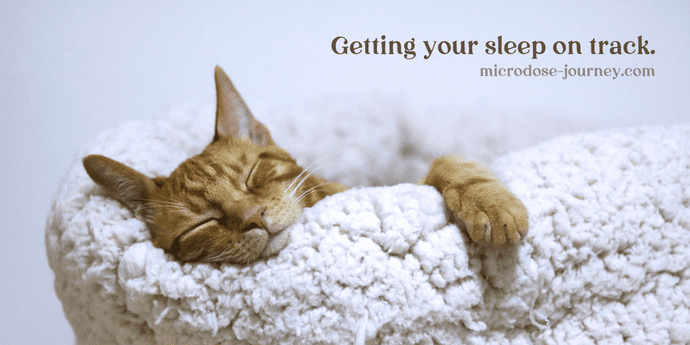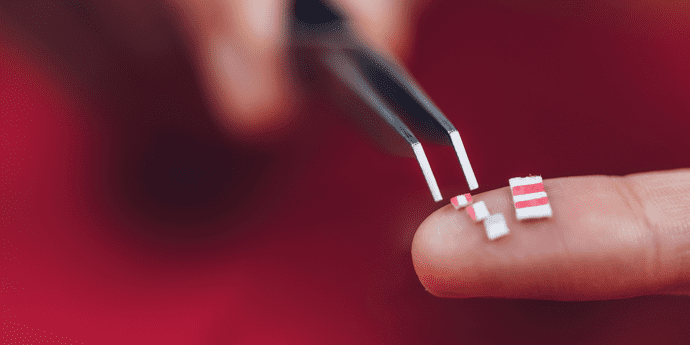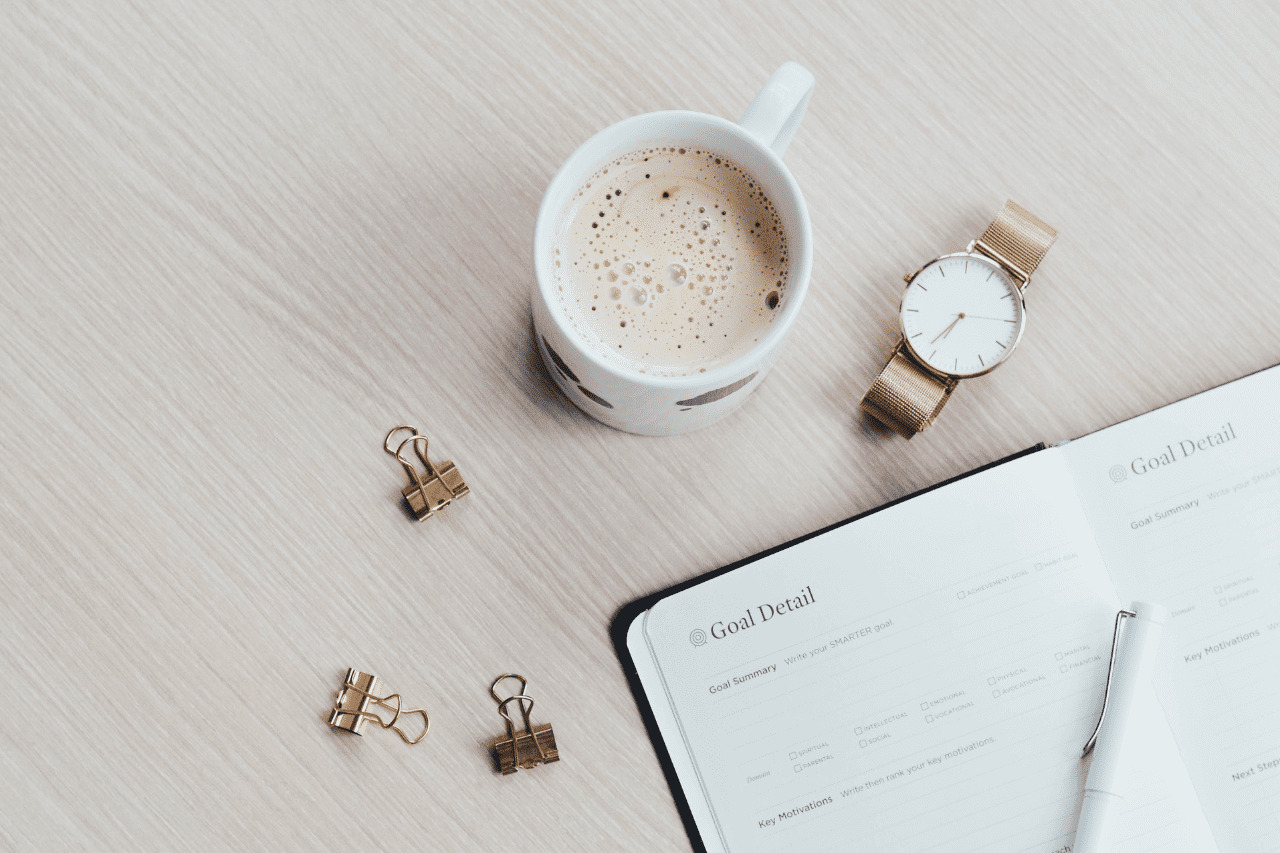
New Study Using Psilocybin Mushroom Therapy Yields Groundbreaking Results
Psilocybin has gone from a mind-bending 1960s drug that was swept under the rug for decades, to its place today as a respected and promising

If you are reading this, then welcome to the microdosing rabbit hole! When it comes to this practice, the benefits are endless. Microdosing may not directly improve one’s sleep, however, a few of its most common benefits may be able to.
In this article, we will be going over what happens when we don’t sleep enough, how to improve our circadian rythme as well as the potential link between microdosing and sleep quality.
Let’s start with the basics!
Getting poor quality sleep at night can have negative long-term effects on your health. People who don’t get enough sleep or have consistent poor-quality sleep are more likely to develop chronic health issues, such as diabetes, high blood pressure, depression and more. This is because the body needs adequate sleep to rest and recover. When our minds and bodies are deprived of that, we can’t function properly during the day.
Furthermore, people who consistently get poor-quality sleep are more likely to suffer from cognitive impairments. Studies have shown that lack of sleep can significantly impair short-term and long-term memory, reduce alertness, and lead to difficulty focusing. This can make it extremely difficult to learn new information and retain it. Difficulty with cognitive functioning can also lead to a whole host of problems in regard to maintaining good brain health.
Additionally, not getting enough good sleep can have a negative impact on your mental health. People who don’t get enough rest are more likely to suffer from stress, anxiety, and depression. This can further impair their ability to function and concentrate, creating a vicious cycle that many individuals find themselves in.
Finally, not getting enough sleep can have serious physical effects as well. People who don’t sleep enough are more likely to experience fatigue, headaches, weakened immune systems, and an increased risk of disease. This can make it difficult to stay active and healthy, leading to further health complications.
It is clear that consistently getting poor-quality sleep can have serious and lasting consequences on your physical and mental health. To maintain a healthy lifestyle, it is important to get an adequate amount of quality sleep every night.
Essentially, the circadian rhythm is an essential biological process that helps regulate our sleep-wake cycle. It is the natural pattern of physical, mental and behavioural changes that our bodies naturally go through each day. Our body’s internal clock follows the circadian rhythm which dictates when we should feel alert and when our body knows that it is time to rest and sleep.
This process is driven by the release of hormones such as melatonin and cortisol. Melatonin is produced at night and helps us feel sleepy, while cortisol is released during the day and gives us energy. These hormones work in tandem with the light-dark cycle to regulate our sleep-wake cycle. When it is dark, our bodies produce more melatonin, and when it is light, our bodies produce more cortisol.
Sleep is an essential part of the circadian rhythm. During sleep, our bodies and minds rest and recover from the upcoming day. In order to achieve a healthy sleep-wake cycle, it is important to get enough sleep each night.
By understanding the circadian rhythm and taking steps to create a healthy sleep-wake cycle, individuals can experience improved mental and physical well-being. With adequate sleep, individuals can have improved concentration, better stress management, and enhanced physical performance.
Sleep disorders, such as insomnia, can disrupt the circadian rhythm and harm our overall health and well-being. For those struggling with sleep issues, there are a variety of treatments available, such as cognitive behavioural therapy and lifestyle changes, to help restore the body’s natural rhythms.
While there are many natural ways to improve your circadian rhythm, we will be looking at one very particular method that could improve your sleep if done right: microdosing.

It is important to note that there are absolutely no scientific studies backing this theory. This is simply connecting some dots and creating plausible links to microdosing and your sleep quality.
For many of us fellow microdosers, a link between microdosing and sleep seems far from realistic when considering that microdosing is a slightly stimulating practice. Taking a microdose in the morning will help you wake up and feel energized-how on Earth can it help you sleep at night?
Microdosing actually could help you get higher-quality sleep if done correctly. Taking a microdose, especially of a Lysergamide (eg, LSD) directly after waking up can cause an unnatural spike in energy and, in some cases, slight anxiety accompanying over-stimulation. That being said, it is best to wait for 1-1.5 hours after waking up to take your microdose, which will help you avoid an unnatural spike in energy. Having your microdose after waking up a bit, consuming some nourishing food, drinking a glass of water and then taking your microdose is the optimal way to start your day and dose yourself like a pro!
Not following a microdosing protocol like this or a similar one that works for you can have a negative effect on your sleep cycle. That being said, having a routine in place on dose days should help you avoid any sleeping issues you may otherwise run into. Be mindful and always listen to your body, giving it what it needs.
If done correctly, your microdose should help you dissolve your brain fog and help you transition from a sleepy state to a well-balanced feeling of sharpness. Unfortunately, for many of us, brain fog is a pest that can stick around till around midday. This means we live out many of our mornings trying to function in our fast-paced society while fighting off brain fog. Thanks to microdosing, not every morning has to be that way!
Additionally, one of the most commonly reported benefits of microdosing is a reduction in stress and anxiety levels. Many individuals report feeling a sense of calmness and clarity after microdosing, which can help them better manage stress in both the short and long term.
If your microdoses help you rid of chronic brain fog and help manage stress and anxiety levels, then your sleep will likely improve as well. When we manage to wake up our brain in the morning in a natural way, then our circadian rhythm can regulate more optimally.
Microdosing in itself may not improve sleep, however, the benefits of microdosing may have a positive impact on your sleep schedule and how well you manage to wind down in the evenings. Please note that the effects of microdoses vary from person to person and not everyone achieves the exact same benefits. As stated above, the time you take your dose and the protocol revolving around your doses can determine if your dose affects your sleep in a positive or negative way.
The microdosing journey is all about optimization! We are all unique beings with different needs and requirements. Additionally, these needs and requirements inevitably change from time to time. That being said, it is always very important to ensure you are staying in touch with your mind and body and listening closely. Your body is constantly sending you signals and trying to communicate its needs with you throughout the day. Listen well and respond even better.

Psilocybin has gone from a mind-bending 1960s drug that was swept under the rug for decades, to its place today as a respected and promising

Psychedelic substances have long been used for spiritual practices, but recently they’ve come back into the public eye as a therapeutic tool. This is because

With today’s busy world, you’d be hard-pressed to find someone that couldn’t do with better cognitive processes and vitality. However, did you know that you

Microdosing has been around for at least two decades. Claims that doing it regularly will advance your career are a fairly recent one, however, and

In this day and age, we are beginning to move down a very conscious path in regard to overall health. With information available at

Microdosing is the act of ingesting a micro-amount of an often psychedelic substance with the motive to improve one’s life in one or more aspects.
GET 10% DISCOUNT WITH NOTIFIED ABOUT THE LATEST NEWS AND UPDATES. NO SPAM, WE PROMISE!
FREE Tracked shipping on orders over €250 to EU countries.
Monday- Friday 8.30am- 5pm (CET)
A range of options available
Guaranteed delivery or your money back